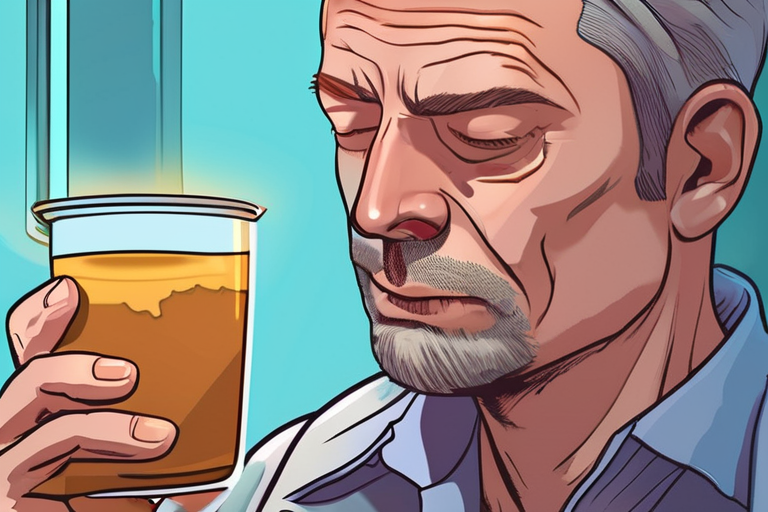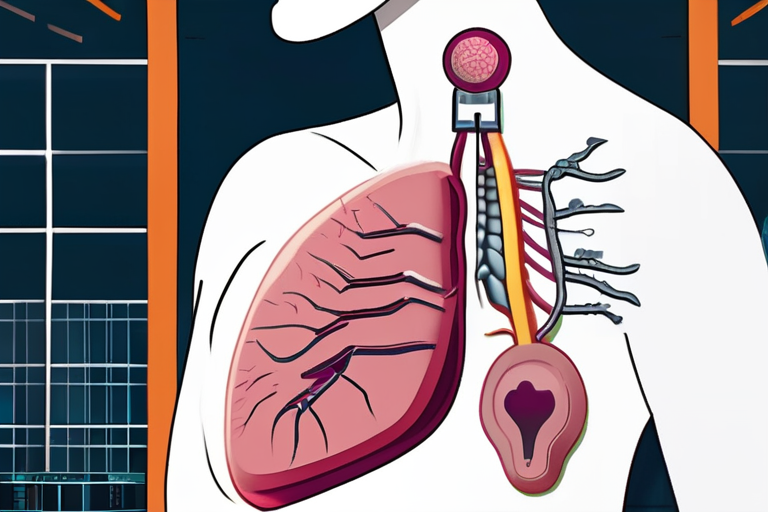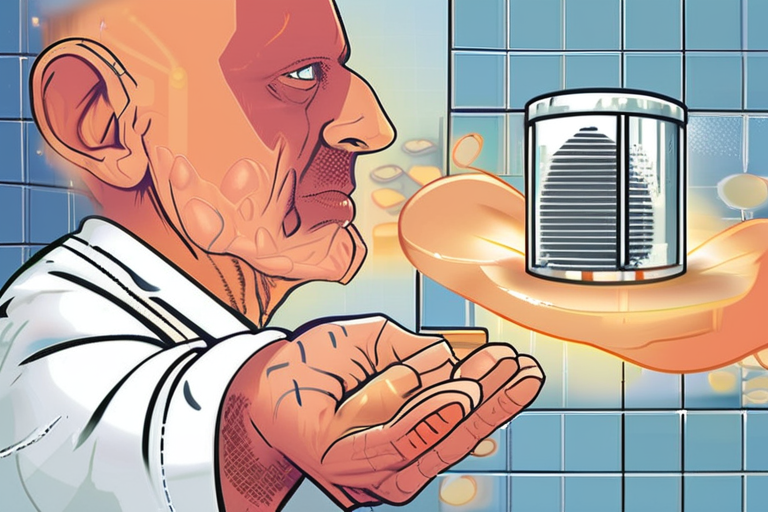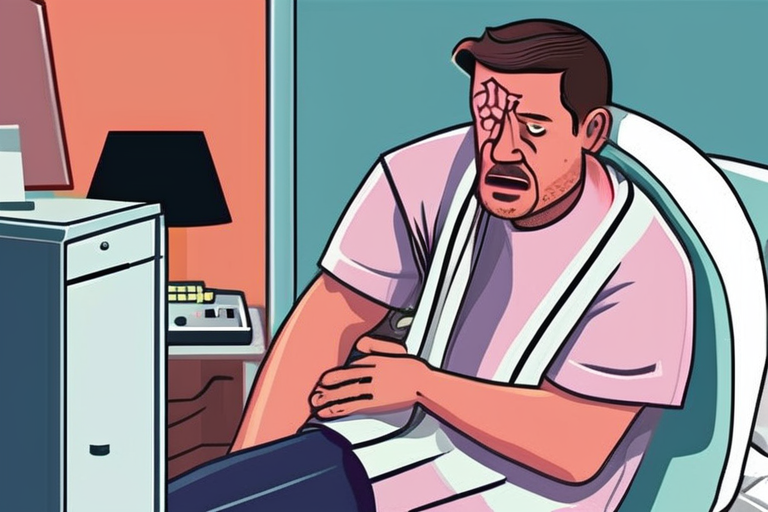Shares of the medical community were left stunned when an 83-year-old married man in Belgium presented with a rare form of secondary syphilis, a sexually transmitted bacterial infection that has been known for its ability to evade detection. The patient, who had been in a monogamous 50-year-long marriage and had been sexually inactive in recent years following treatment for cancer, was initially diagnosed with a different condition due to his symptoms of severe itchiness and elevated liver enzymes.
According to a Clinical Problem-Solving report published in the New England Journal of Medicine, the patient had been seen by specialists a month prior for paralysis on one side of his face, which was initially thought to be unrelated to his current symptoms. However, further investigation revealed that the patient's symptoms were, in fact, indicative of secondary syphilis, a stage of the disease characterized by skin rashes, fever, and swollen lymph nodes. The patient's doctors noted that syphilis can be a tricky disease to diagnose, especially when patients may not be sharing the whole story.
Dr. Janneke van de Wijgert, a professor of infectious diseases at the University of Amsterdam, commented on the case, stating, "Syphilis is a master of disguise, and it can present with a wide range of symptoms that can be easily misdiagnosed. This case highlights the importance of considering syphilis in the differential diagnosis, even in patients who may not fit the typical profile." Dr. van de Wijgert emphasized that syphilis is a significant public health concern, particularly among older adults, and that healthcare providers must remain vigilant in their diagnosis and treatment.
The patient's case is a stark reminder of the importance of comprehensive sexual health education and regular STI screening, especially among older adults who may not be aware of the risks or may be hesitant to discuss their sexual history. According to the Centers for Disease Control and Prevention (CDC), syphilis rates have been increasing in the United States and Europe, with a significant proportion of cases occurring among men who have sex with men.
The patient's diagnosis and treatment were successful, and he is now receiving antibiotics to treat the infection. However, the case has raised questions about the patient's sexual history and the potential for undiagnosed syphilis in the community. As Dr. van de Wijgert noted, "This case highlights the need for a more nuanced understanding of syphilis and its impact on older adults. We must continue to educate healthcare providers and the public about the risks and consequences of syphilis, and work towards reducing its incidence through improved screening and treatment."



























Share & Engage Share
Share this article